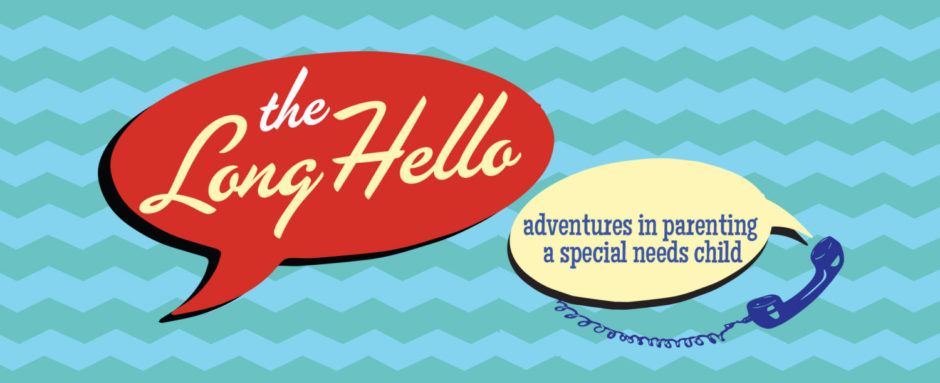From intervention programs to research centers; here are some of the resources we’ve found helpful over the years.
AGENCIES AND SERVICE PROVIDERS
Regional Center: your local regional center is a nonprofit private corporation that contracts with the Department of Developmental Services to provide or coordinate services for people with developmental disabilities. Regional Centers are the primary service provider before the age of three and then again after clients finish their schooling.
School District: once your child turns three until he or she finishes her schooling, your local school district will provide evaluations and educational services. Start by contacting your district’s Director of Special Education.
Applied Behavioral Analysis (ABA) Agency: ABA agencies provide in-home or center-based ABA therapy for children with autism. ABA is an effective, research-tested method of teaching designed to analyze and change behavior in a precisely measurable and accountable manner by breaking down skills into simple components and teaching them to children through a system of reinforcement.
ADVOCACY ORGANIZATIONS
AutismSpeaks: a national advocacy and research organization for people with autism and their families.
Parent Network: your local special needs parent network provides support and information for families caring for special needs children and adults. Many publish newsletters and offer workshops.
EDUCATIONAL PROGRAMS/INTERVENTIONS
Matt and Molly: a set of picture stories and language activities developed for elementary-school children with autism. The lessons and stories incorporate skills such as inferencing, sequencing and answering questions. Our son and his sisters love these stories.
Kimochis: a social and emotional educational toolkit that includes a curriculum and specially created characters that convey different emotions. Kimochi is the Japanese term for “feeling.” You can collect these darling characters at home as well as school.
Special Olympics: a national organization that offers training and competition opportunities in 30-plus individual and team sports for people with intellectual disabilities. Check your local chapter for teams near you. Our son participates on a swim team.
Whole Body Listening: an approach that helps children develop listening and social skills developed by Susanne Poulette Truesdale ( see original article *Whole-Body Listening: Developing Active Auditory Skills” in Language, Speech, and Hearing in Schools, Volume 21, 183-184, July 1990). Listening is defined as a whole-body skill, children learn to listen not just with their ears, but also with their eyes, mouths, hands, feet and brains. This approach really resonated with our son.
Zones of Regulation: a cognitive behavioral framework for identifying, discussing and managing feelings and emotional states.Our whole family benefits from this approach.
MEDICAL/RESEARCH CENTERS
Across the country, major medical research centers offer evaluation, consultation and treatment for people with developmental disabilities. We visited these centers to help diagnose our son, or have participated in their conferences or research studies.
Stanford University, Autism and Developmental Disorders Clinic: provides evaluation, treatment and consultative services for children from 2-18 who have
UC Davis MIND Institute: a collaborative international research center, committed to the awareness, understanding, prevention, care, and cures of neurodevelopmental disorders.
UC San Francisco Autism and Neurodevelopment Program: their autism clinic provides diagnostic assessment and individualized behavior, education, and medication plans.
AUTISM GLOSSARY
AutismSpeaks has created a comprehensive glossary of terms, acronyms and definitions relevant to autism.
